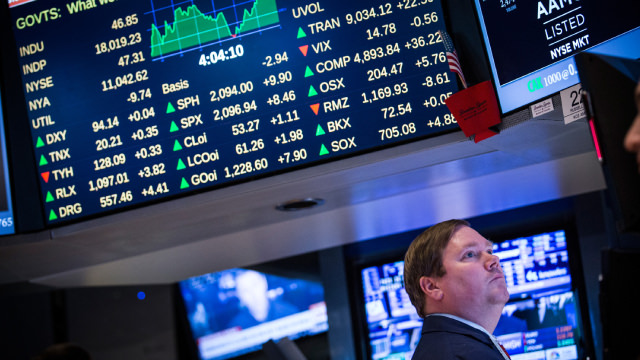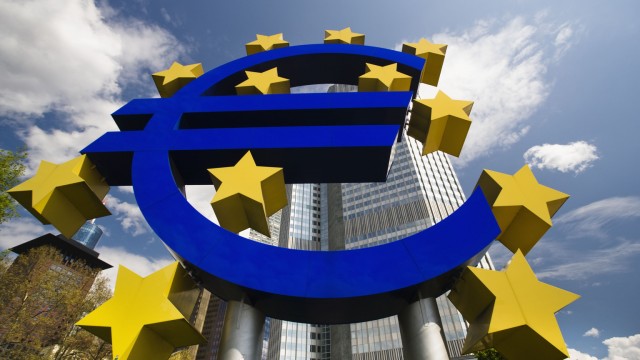
JPMorgan BetaBuilders Europe Fund (BBEU)

Europe's Economic Comeback: What It Will Take For A Broad Resurgence
Europe's macro outlook is shifting. After years of fiscal restraint and fragmented policy, the region is entering a new chapter - one centered on pro-growth fiscal policy, energy security, and capital-market reform.

ETFs to Consider as Europe's Market Rally Continues
Europe's rally shows no signs of slowing and ETFs like VGK, EZU, BBEU, IEUR and FEZ are tracking the region's surging markets and strong earnings momentum.

More investor interest in Europe and Germany in particular: Goldman Sachs
Goldman Sachs Bank Europe CEO Wolfgang Fink discusses the German economy and investor sentiment on the sidelines of the Goldman Sachs European Financials Conference in Berlin.

European ETFs Set to Gain as ECB Cuts Rate Again
ETFs like VGK, EZU and FEZ are set to rally as the ECB's latest rate cut and dovish tone bolster the outlook for European equities.

European markets rally after Trump delays tariffs
European shares kicked off the week on a positive note on Monday, recouping the previous session's losses, as markets heaved a sigh of relief after U.S. President Donald Trump delayed his threat to impose a 50% tariff on the region.

BBEU: A Solid Europe-Focused ETF, But A Questionable Buy Now
BBEU offers efficient, large-cap focused exposure to developed European markets. The ETF has delivered stellar YTD returns, driven by European stimulus, easier monetary policy, and improving corporate earnings expectations. BBEU boasts of a superior risk-adjusted returns and yield profile compared to VGK but does have some minor foibles on the structural front.

BBEU: A Diversified Europe ETF With Double-Digit Growth Potential
JPMorgan BetaBuilders Europe ETF offers diversified exposure to large-cap European stocks with a low expense ratio and low concentration risk. BBEU underperforms the S&P 500 due to limited technology exposure, higher defensive sector weighting, and currency fluctuations. BBEU's growth outlook is weaker than the S&P 500, making it more suitable for diversification rather than a core portfolio holding.

What's Next for Europe's Economy? ETFs to Consider
Look at ETFs with exposure to the Eurozone, as political turmoil, Trump's economic policies and a weak Chinese economy paint a bleak outlook for the region.

ETFs See Tremendous Trading Volume After Election
The results of the 2024 presidential election have certainly rocked the markets, and ETFs were no exception. Using Bloomberg data, Scotia ETF Services reports that U.S. ETFs traded about $262 billion on Nov. 6, the day after the election.

3 Takeaways From Today's ECB Meeting
The European Central Bank cut interest rates by 25bps, bringing the deposit rate down to 3.75%. Inflation is expected to come in at 2.5% in 2024, 2.2% in 2025 and 1.9% in 2026.

Why The European Central Bank Is Embracing The Idea Of Rate Cuts
Declining inflation and slower growth have contributed to the rising potential for rate cuts in Europe. Eurozone core inflation has been coming down more quickly than similar measures in the U.S. and the U.K. If the euro were to weaken and drop through parity, that might give the ECB pause about cutting rates.







